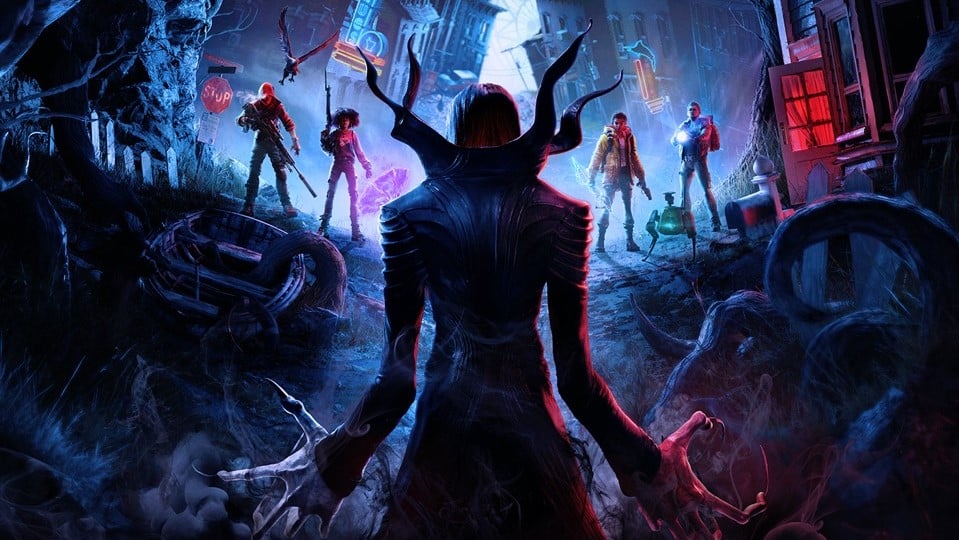Arkane Studios’ flagship vampire shooter Redfall launched to middling reviews in 2023, with many critics drawing attention to its bland missions, buggy gameplay, poor enemy AI, and a muddy focus. Dissatisfaction with the game, which had been heavily marketed as a major Microsoft exclusive, led to a combined Metacritic score of just 56 – making it one of the lowest-rated games of the year. A recent Bloomberg report has dug into this outcome, and how the Arkane ‘magic’ failed to save the game.
According to investigative journalist Jason Schreier, Redfall launched in disappointing form due to a range of factors – including alleged understaffing and attrition at Arkane, and an overall unclear direction for the game.
It reportedly began life at the height of the ‘Games as a Service’ (GaaS) trend of the 2010s, where modern game releases offered players in-game collectibles to keep them paying through microtransactions. The system had worked with Overwatch and Fortnite, so studios began pushing for these features – including in Redfall, which was allegedly designed with a mind to ‘make a multiplayer game in which users would team up to battle vampires and perhaps pay for occasional cosmetic upgrades.’
Read: Redfall Review Roundup – Critics Bite Back
When the GaaS backlash eventually began, with players loudly protesting full-priced games including additional microtransactions, these features were reportedly rescinded from Redfall, but the basic idea of a multiplayer GaaS-style game remained.
Bloomberg claims many developers found the studio’s direction confusing, as head management wanted to combine classic Arkane ‘immersive sim’ single-player gameplay with an online multiplayer directive.
‘Staff members said that, over time, they grew frustrated with management’s frequently shifting references to other games, such as Far Cry and Borderlands, that left each department with varying ideas of what exactly they were making,’ Schreier wrote. ‘Throughout the development, the fundamental tension between single-player and multiplayer design remained unresolved.’
Compounding this confusion was Arkane’s alleged understaffing. Veteran workers reportedly left the studio in droves, as they weren’t interested in developing a multiplayer game, and morale suffered as a result. In addition, Arkane couldn’t advertise accurate jobs for Redfall, lest it reveal the nature of its secretive project – which allegedly led to staff members having alternative expectations for their jobs.
Per Bloomberg analysis and sources speaking to the website, around 70% of staff that had worked on Arkane Austin’s beloved Prey left the company during Redfall‘s development.
The remaining staff allegedly hoped the game would be cancelled outright or rebooted when Arkane was purchased by Microsoft in 2020. Instead, Microsoft took a hands-off approach, only cancelling a planned PlayStation release for the game.
Sources speaking to Bloomberg claimed management hoped the game would simply come together at the last moment, thanks to the so-called ‘Arkane magic’ that had made its previous projects critical successes – but as reviewers and the general public discovered upon the game’s release, this simply never manifested.
The entire Bloomberg report is well worth a read for anyone curious about the events leading up to Redfall. It presents fascinating, multi-factor allegations about its development cycle, and the challenges of working on a game with such high expectations.





